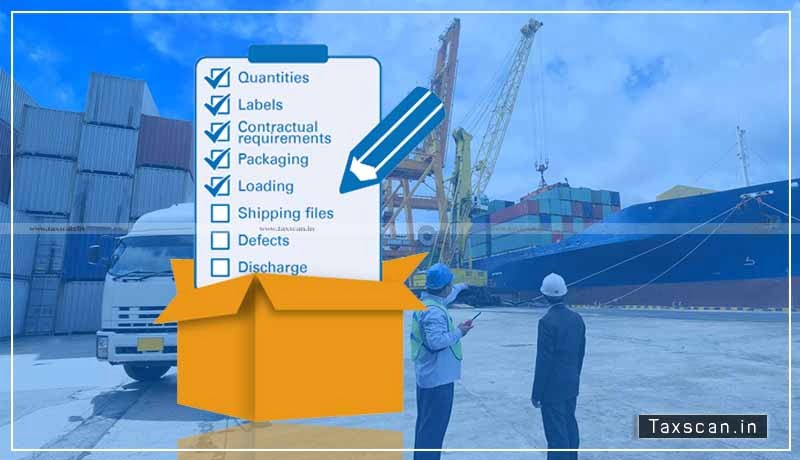DTA Entitlement against Deemed Exports: Madras HC directs CESTAT and Commissioner to decide the issue based on SC decision [Read Order]

DTA Entitlement – Deemed Exports – Madras High Court – CESTAT – Taxscan
DTA Entitlement – Deemed Exports – Madras High Court – CESTAT – Taxscan
The Madras High Court has recently directed the Customs, Excise, Service Tax Appellate Tribunal (CESTAT) and the Commissioner to decide the issue regarding DTA Entitlement against deemed exports as per the Apex Court ruling in Virlon's case.
The petitioner, a manufacturer, and exporter of cotton yarn approached the High Court with a plea to direct the Central Government and the Director-General of Foreign Trade to consider the deemed exports made by the petitioner for the purpose of determining the petitioner's DTA entitlement.
As per para 9.9 of the Exim Policy 1997-2002, 100% Export Oriented Undertakings (for short, EOUs) are permitted to clear the manufactured goods in Domestic Tariff Area (DTA-within the country), to an extent of 50% of the FOB value of exports made by them, subject to fulfillment of minimum Net Foreign Exchange Percentage (for short, NFEP) on payment of applicable duties. The petitioner received a show-cause notice alleging that as per the clearances under Para 9.9(b) are on payment of concessional duties as it is possible that this DTA entitlement might have been availed of by EOU/EPZ unit, resulting in loss of revenue".
The petitioners relied on Para 9.9 of the Exim Policy, 1997-2002 and contended that the benefit granted to the physical export is to be extended to the deemed export also as per the policy and thus, the claim of the petitioner shall be allowed.
After analyzing the matter deeply, Justice S.M. Subramaniam observed that “with reference to the Exim Policy, as well as circulars issued by the Ministry of Commerce and Ministry of Finance and the business transactions, as well as the nature of benefits claimed, involves an adjudication of technical points. Such technical points with reference to the business transactions cannot be adjudicated in writ proceedings under Article 226 of the Constitution of India. It requires examination of certain records as well as the policy decisions, which all are prevailing during the relevant point of time, more specifically, for the purpose of extending the benefits. Thus, it would be preferable, such issues are decided by the 5 th respondent, Commissioner of Central Excise and the 4 th respondent, Tribunal, which all are the expert bodies in the field.”
“However, it is made clear that the respondents 4 and 5 are bound to look into the principles laid down by the Hon'ble Supreme Court of India in Virlon's case and its applicability with reference to the facts and circumstances placed by the petitioner regarding their business transactions. All these facts and circumstances with reference to the records are to be adjudicated and the application of the principles also must be decided by affording the opportunity to the parties. This being the factum established, respondents 4 and 5 are directed to proceed with the proceedings which all are pending before them, after hearing parties, and by affording the opportunity to the petitioner and take a decision and pass orders, as expeditiously as possible. The petitioner is at liberty to submit all the judgments and the grounds stated in the Writ Petition, before the respondents 4 and 5, by availing the opportunities to be provided.”
To Read the full text of the Order CLICK HERE
Support our journalism by subscribing to Taxscan AdFree. Follow us on Telegram for quick updates.


